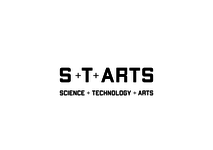Conversations with Memory
The Summer School with film researcher and filmmaker Tanja Sakota aims to critically engage with the past through the lens of the present. Participants are invited to interrogate and explore their understanding and relevance of spaces in Berlin, using the film medium.

Date: July 2021 (tba), Mo-Fr 9:30 am - 5:30 pm (in order to capture the best light, evening shoots may be necessary) | Language: English |
Number of participants: 10-12 | Location: Film University Babelsberg KONRAD WOLF |
Cost: 600,- EUR | Early Bird 550,- EUR before 31 March 2021 Students receive a 10% discount off the regular price |
How do you access the abstract and invisible using the camera? How do you make invisible memory, visible? How can you explore monuments with the medium film?
Through this auto-ethnografic workshop, Dr. Tanja Sakota from the Wits School of Arts in Johannesburg invites you to explore the present through memory and monuments in Berlin. The different spaces and monuments will be interrogated from a personal, political or cultural perspective.
My interest in site-specific research is not random. My mother escaped through the sewers of Breslau (today known as Wroclaw, Poland) in 1945. Her final destination was Johannesburg, South Africa. This is where I enter the narrative. I was born during apartheid and my interest in memory and identity is clearly a result of my historical and political context.
Dr. Tanja Sakota
Contact

Funded by:
Science + Technolgy + Arts (S+T+ARTS)
